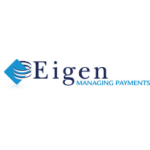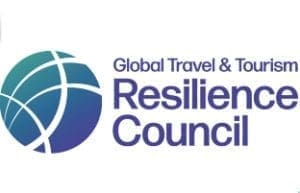Digitalization provides development opportunities for the travel industry and drives the creation of new business models and new added-value products and services for customers while also strengthening travel companies.

Meliá Hotels International has been a pioneer in applying a digital strategy to its entire organization and has been named in the latest research by the Coordenadas Institute of Governance and Applied Economics as one of the top ten companies leading the digital transformation of the Spanish economy.
The research names Seat, CaixaBank, Damm, Repsol, Endesa, Inditex, Meliá, Telefónica, Mapfre and Sanitas as the leading companies in their respective industries. According to the research, these companies have adapted their business model through digitalization in order to enhance their competitiveness and position themselves as international benchmarks.
Digital Transformation is an essential foundation of Meliá strategy, and over the last three years, the company has invested more than 130 million euros in digitalization in three key areas: enhancing its direct sales channels, personalizing the customer experience and improving its operational model and digital culture within the organization. Over the next three years, the company plans to enhance the digitalization of processes that add little value for customers, allowing its team to focus on the top priority of continuing to improve service and the guest experience.
Improvements in distribution, customer experience, and the environment
Big Data, artificial intelligence and new digital marketing tools have been a key driver of improvements in the customer relationship model and increased sales through direct channels, which have seen revenues grow by more than 68% since 2015, assisted by a 360º social media strategy and sales force training which has created almost 1,000 “digital salespeople”.
The company has also used technology to improve the customer experience in its new app (winner of “The AppTourism Award 2019”), designed to personalize every stage of their trip from booking to their stay in the hotel. The guest experience in the hotel itself also continues to evolve as new technologies are added for guests, including virtual assistants and intelligent cashless wristbands that allow guests to make payments and open the door to their room.
Technology has also played a key role in environmental management and eco-efficiency in company hotels, allowing the development of a climate strategy that is essential in response to current challenges and the need to contribute towards the development of a more sustainable industry.
Finally, Meliá Hotels International also sees digital transformation as an opportunity to strengthen its operating model, improve efficiency and drive company growth. The Be Digital 360 project is designed to help Meliá strengthen this company-wide transformation and allow it to continue being a benchmark for the entire industry.
In relation to digital maturity in the hotel industry, the Coordenadas Institute cites the ‘Digital transformation diagnosis’ prepared by the Hotel Technology Institute, which concludes that there is still a long way to go in the industry and a significant gap between large companies and SMEs.



















